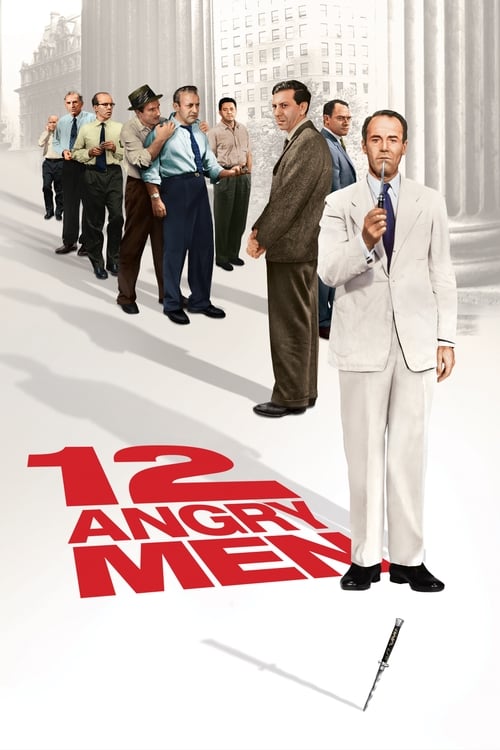
Title: 12 Angry Men
Year: 1957
Director: Sidney Lumet
Writer: Reginald Rose
Cast: Martin Balsam (Juror 1), John Fiedler (Juror 2), Lee J. Cobb (Juror 3), E.G. Marshall (Juror 4), Jack Klugman (Juror 5),
Runtime: 97 min.
Synopsis: The defense and the prosecution have rested and the jury is filing into the jury room to decide if a young Spanish-American is guilty or innocent of murdering his father. What begins as an open and shut case soon becomes a mini-drama of each of the jurors' prejudices and preconceptions about the trial, the accused, and each other.
Rating: 8.548/10